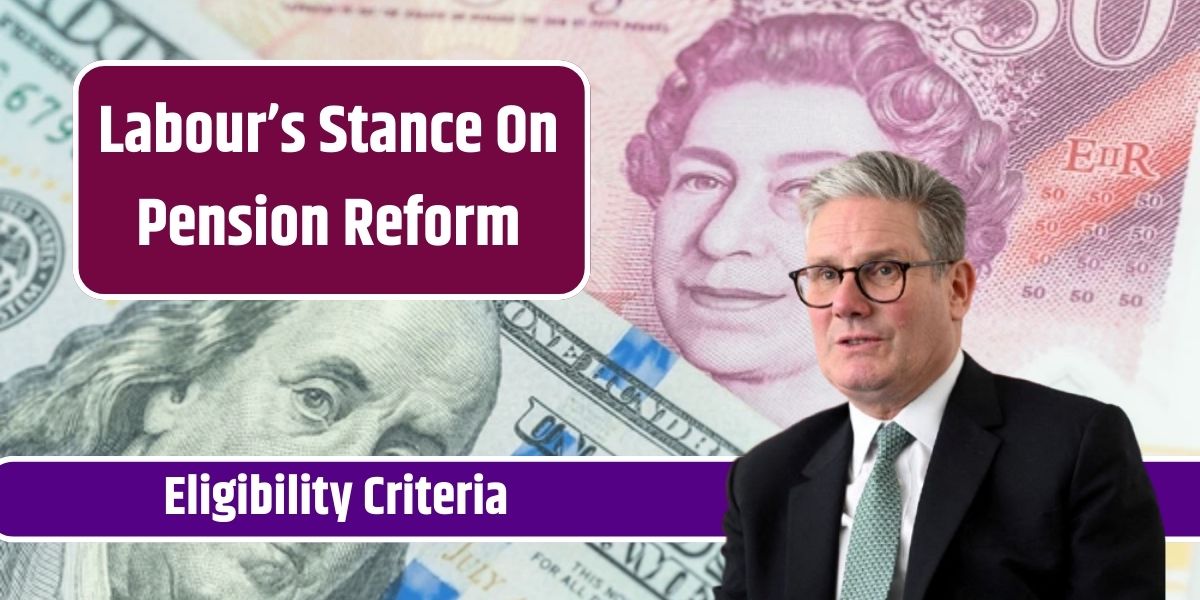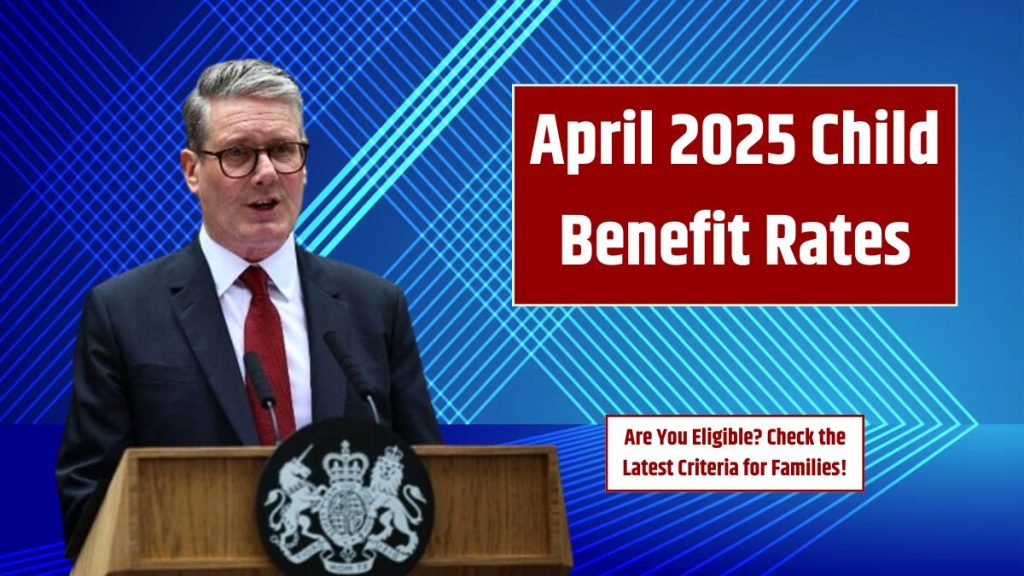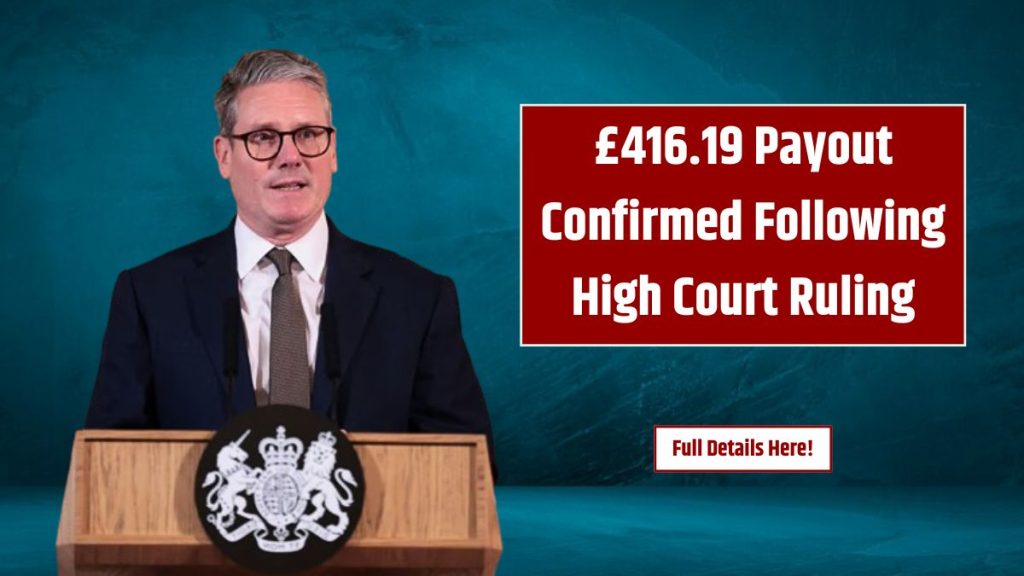The debate over the future of the state pension triple lock has intensified, with political parties clashing over the policy’s sustainability and fairness. While both Labour and the Conservatives pledge to support pensioners, neither has offered complete clarity on whether the triple lock will remain unchanged. This uncertainty leaves pensioners questioning what lies ahead.
What is the Triple Lock?
The triple lock is a policy that guarantees the state pension will increase annually by the highest of three measures:
- Inflation
- Average wage growth
- 2.5% minimum increase
Introduced in 2010, the triple lock was designed to protect pensioners from financial hardship by ensuring their income keeps pace with the cost of living. While effective in safeguarding retirees, the growing cost of maintaining the triple lock has sparked debates about its affordability.
Labour’s Position on the Triple Lock
Labour leader Sir Keir Starmer has expressed support for the triple lock but avoided making firm commitments to keep it unchanged through the next general election, expected by 2029.
Labour’s official stance emphasizes the principle of basing pension payments on individuals’ lifetime contributions, irrespective of wealth. However, the party has not ruled out means-testing the policy, which would adjust payments based on income or assets.
When asked about the policy’s financial implications, Labour reaffirmed its commitment to protecting pensioners but left open the possibility of reform. This vagueness has fueled speculation about the party’s long-term plans.
The Conservative Response
The Conservatives have accused Labour of misrepresenting their stance on the triple lock. Labour suggested that Tory leader Kemi Badenoch hinted at plans to reduce state pension benefits for wealthier retirees. Badenoch denied these claims, reaffirming the party’s support for the triple lock.
Despite their public defense of the policy, questions have been raised about the Tories’ long-term intentions. Notably, the appointment of Torsten Bell, a pensions minister who previously advocated for replacing the triple lock with a more flexible system, has drawn attention. Bell proposed allowing “short-term deviations” in pension increases, signaling potential reforms down the line.
Affordability Challenges
Both parties are grappling with the financial sustainability of the triple lock. The rising costs of maintaining the policy, combined with broader fiscal pressures, make its future uncertain.
By 2028, the state pension will become taxable, which could ease some financial strain. However, the growing number of retirees and increasing life expectancy are driving up costs.
Experts like Torsten Bell have suggested replacing the triple lock with a more flexible mechanism to balance fairness with affordability. The Conservatives have floated ideas like raising the tax-free personal allowance for retirees, though no formal plans have been outlined.
The Path Ahead
For pensioners, the lack of clarity from both Labour and the Conservatives creates uncertainty. Labour appears open to potential changes while maintaining the principle of lifetime contributions. Meanwhile, the Conservatives continue to defend the triple lock publicly but face scrutiny over past suggestions of reform.
The future of the triple lock will likely hinge on economic conditions and political priorities leading up to the next election. Balancing the needs of retirees with fiscal responsibility remains a key challenge for both parties.
What is the triple lock policy?
The triple lock ensures the state pension increases annually by the highest of inflation, average wage growth, or 2.5%.
Why is the triple lock under debate?
The policy’s growing cost has raised concerns about its affordability, especially as the number of retirees increases.
What changes might Labour introduce?
Labour has not ruled out means-testing the triple lock, which could adjust payments based on income or assets.










